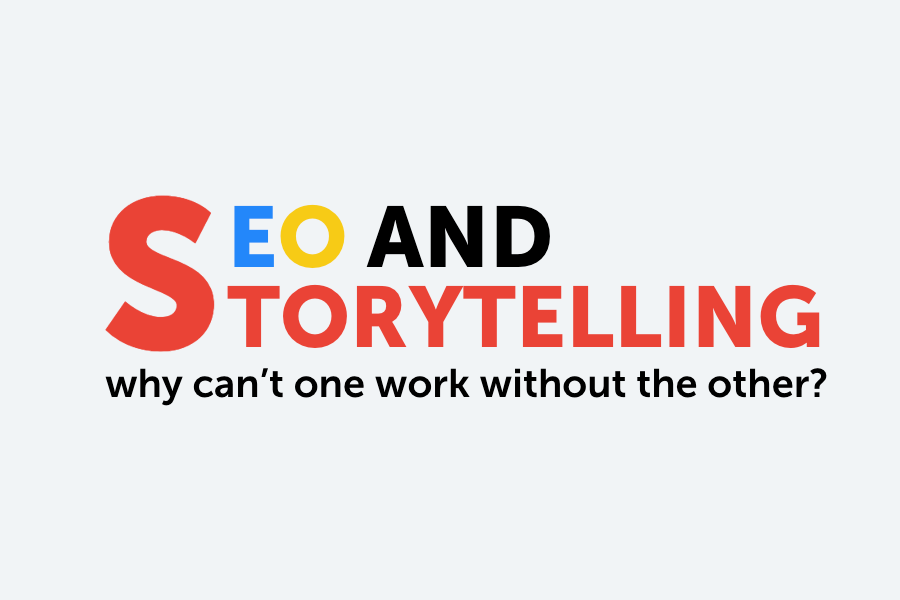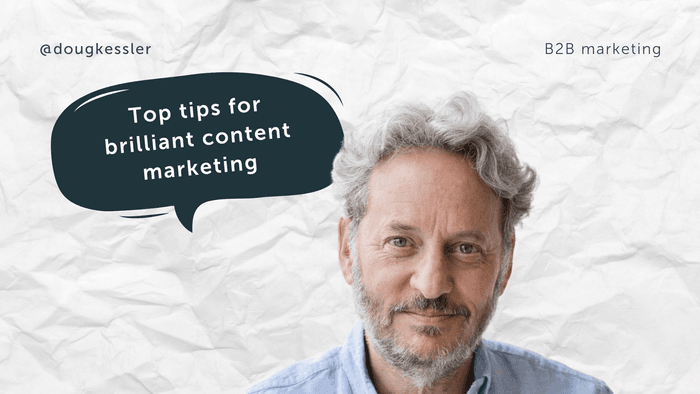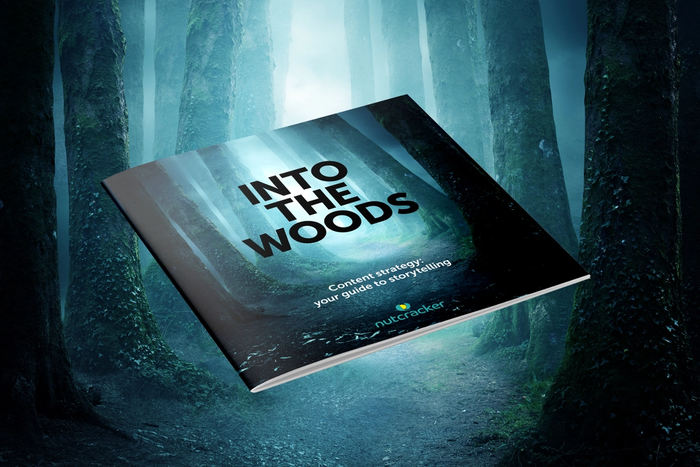Content Marketing & SEO
SEO and Storytelling - why can't one work without the other?
As a business owner with a digital presence, you may have asked yourself the following question:
‘How do you appear “first” in Google when someone searches a question relevant to my brand?’
If you have heard of SEO (search engine optimisation), you know part of the answer already. You may have even employed the services of an SEO expert or agency to help you.
However, it’s a familiar scenario where, even if their support has brought more visitors to your site, it hasn’t resulted in more conversations and more sales.
There’s a very specific reason for this.
Read on to learn exactly why this happens, and what it takes to put the right message in front of the right people – and be ahead of your competitors.
What’s the purpose of SEO?
SEO is a broad term encapsulating the techniques website owners use to appear at the top of search engine results pages.
Optimising your site content to appear for relevant ‘queries’ is one of the most valuable ways to market your business, as implementing changes that make it more ‘visible’ can cost nothing more than your time.
With the support of an expert, it can still be the most cost-effective marketing tool out there.
What’s more, not only can SEO experts understand the profiles of people visiting your site, but also the paths they have taken to reach your site and the actions they take when they “land”.
It’s deeply valuable knowledge for a business to have.
However, where SEO experts can attract more potential customers to your site, the business leaders who hire them are often burned when more site visits don’t translate into more enquiries, calls or sales.
This is why it pays to understand what SEO does do, and what it doesn’t do.
What doesn’t SEO do?
If you have ever typed a question into Google and clicked the first result you see, you may have been disappointed when the page you have read isn’t what you expected.
It will often blurt back the terms you searched and offer a surface-level answer.
This is a hallmark of ‘writing by SEO experts for SEO’. It doesn’t just fail to answer the question you had, but it’s also harmful –as it teaches visitors not to trust what you have to say.
SEO has the power to bring the right visitors to your website, but it can’t compel them to take an action – because a well-optimised site doesn’t build trust by itself.
What can build that trust and make a site visit worth your visitor’s while is telling the right story.
What is storytelling in B2B marketing?
Storytelling in B2B marketing isn’t the same storytelling we associate with fantasy and literature.
Storytelling for B2B is as results-driven as a cold call, but is driven by empathy that can only come from a deep understanding of your target audience.
To be clear, site content is the vehicle for your storytelling, and it should show that:
- You understand exactly who your audience is
- You understand exactly what problems they are facing
- Your solution will help them solve them and make their business better
It’s something that SEO experts can’t achieve using keyword search data alone, as the knowledge to make it possible comes from meaningful conversations and on-the-ground info from your sales teams.
Nevertheless, it’s also something many B2B brands often get wrong, simply because they put themselves at the heart of their own story, not their customers.
So, how do you tell the right story – and put it in front of the people who need to see it?
What is the right approach to B2B storytelling?
The key is to show that you understand the problems that your prospect is currently having and where your help could take them.
What will resonate with them is that they (not you) are the ‘hero’ of the story.
In this respect, some storytelling channels are better than others. Showing your audience case studies focussed on the needs of the businesses that you have helped that they can relate to (and showing evidence through testimonials) are important to earning their trust and demonstrating that what you say should matter to them.
Likewise, your expertise will also come through in interviews and Q&As with thought leaders, customers and partners, which show that you are contributing to the conversations that your target customers are having.
Remember, in B2B, only 5% of those with buying power are ready to buy at any given time. If they are making a significant buying decision in the hope of transforming their business, they want to know that you are experienced, trustworthy, and will deliver on your promise.
Storytelling can achieve that, and SEO can’t – so, is storytelling enough to reach the right people?
Storytelling matters – but can it work without SEO?
As important as empathetic storytelling is to your brand, there’s no getting around the fact that the message is only as powerful as its ability to be seen by the right person.
To this effect, storytelling and SEO are dependent on one another – deep familiarity with your customer’s problems informs better storytelling – and technical SEO expertise gives it the best chance of being seen by the right people.
Whether your problem is being in the right place, or delivering the right message for your audience, we can identify it, and we can help you reach the people who need what you can offer them.
Our founder, Jenny, can help you understand exactly where your customers are, and what will resonate with them. Just get in touch with us at www.nutcrackeragency.com/contact or call 020 3941 0305.
Share this:




